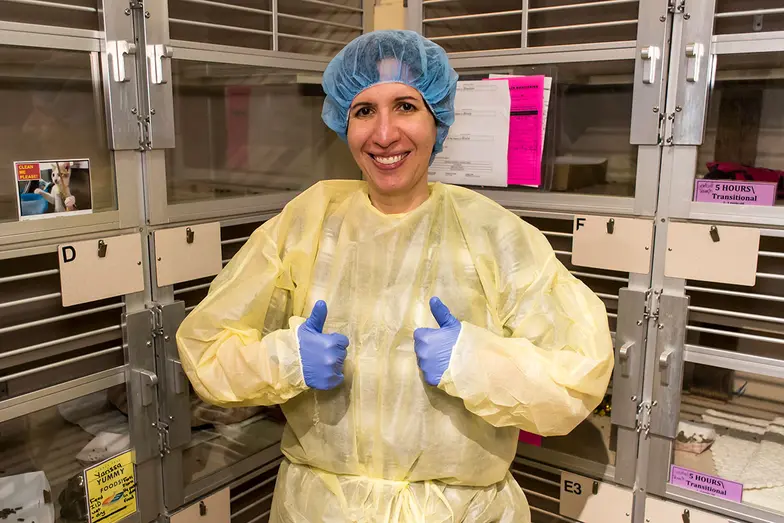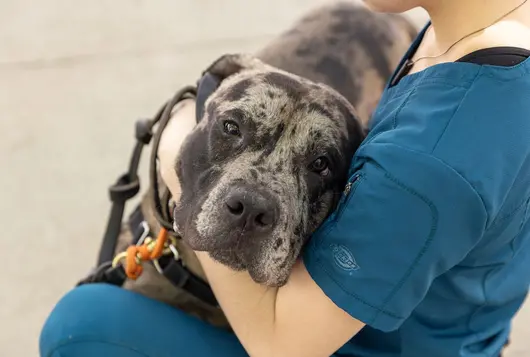When Pet Poisonings Affect Your Staff

When a poisoned pet walks through your door, your first thought is, of course, your patient's welfare. Sometimes, though, that patient may pose more risk than you realize.
You and your staff should use extra care with these common poisonings:
Zinc Phosphide
This is a common mole and gopher bait in the United States that has gotten extra attention lately for the problems it can cause veterinary staff. Zinc phosphide will convert to phosphine gas in the presence of water; the gas may be released in a pet's vomitus and cause problems for your staff. Make sure to induce emesis outdoors, evacuate a room if a pet vomits in it, and dispose of any vomitus in a sealed container outside of your clinic.
Misoprostol
This is not a drug we commonly see pets ingest inappropriately, however it is frequently used to treat signs associated with NSAID overdoses. Misoprostol is a synthetic prostaglandin E1 analog commonly used to prevent gastric ulcers. In humans, however, it is also used off label to terminate early-stage pregnancies. Make sure anyone who may be pregnant does not handle this medication.
Pyrethroids
These are commonly used in flea control and insecticide products and are known to cause an intense tingling sensation with skin exposure in some humans. Make sure you and your staff use extra care when bathing animals exposed to these products.
Antineoplastics
Many clinics use antineoplastic drugs in their practice and are familiar with specific requirements of the Occupational Safety and Health Administration (OSHA). Don't forget that some toxicities may involve antineoplastics and similar precautions should be taken for these cases as well. The National Institute of Occupational Safety and Health maintains a list of antineoplastics and other drugs they consider important for consideration in healthcare settings. This list is specific for human healthcare workers, but there are several drugs on the list that have been seen in pet exposures.
We have lots more on this subject:



